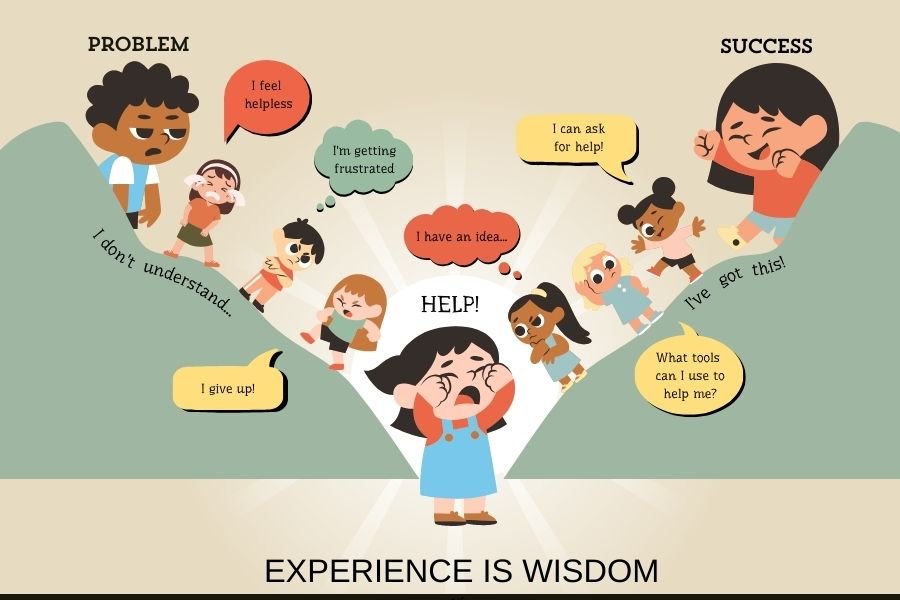As a parent of two, I often interact with other parents and between the dinners and coffee meet-ups (pre covid of course!), a constant feature in the conversation is the classes that our kids attend, over and beyond the school hours.
Most kids nowadays spend anything between seven to eight hours in school, add in the travel time, and that’s a good nine hours gone. Next comes the homework or the so-called, assignments and project work, and kids are probably left with about four hours in the day. These are also sprinkled with a heavy dose of after-school classes that promise to make our kids smarter. Smarter kids mean better grades! And that seems to be the whole purpose of education at the moment, and the only way of bringing up kids. But is this the right way?
Over time, most of us (I hold myself guilty too) have forgotten that the mental wellbeing of a child is extremely important. Our yardstick to judge a child is largely limited to their performance in tests, what we forget is that while our children have a long academic path ahead, ensuring that they are stable and emotionally strong individuals is a primary need at this stage. A child who is brought up in an environment where his or her emotional wellbeing is considered to be the most important driver, will in the long term be better equipped to handle the stress and the pressure that comes along with the work-life.
A mark sheet listing the grades that a child gets in different subjects ranging from history to mathematics does not reflect the mental state of a child. It may tell us about how the child performed in the exams, but these exams do not represent life skills. This does not mean that grades are not important, or knowing algebra and chemistry, should take a back seat. What it means that our focus should be on wholesome development, where the emotional wellbeing of a child is considered as important or even more so than his or her academic abilities. This lays the foundation for life, this is what grounds them, and helps them to develop the skills and abilities that are required to lead a happy and satisfying life. Instead of grading the academic skills, let us all attempt to grade the well-being of our children!
Author: Latika Sakhuja














